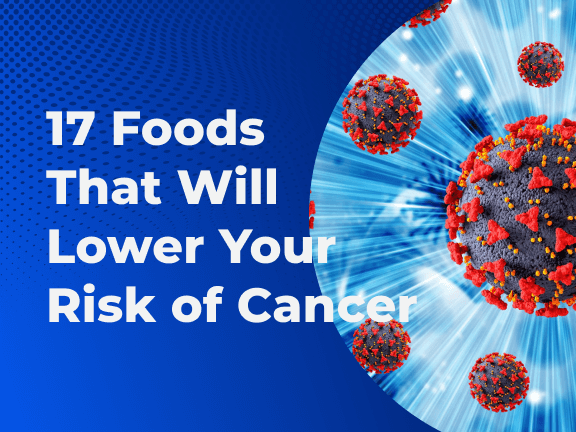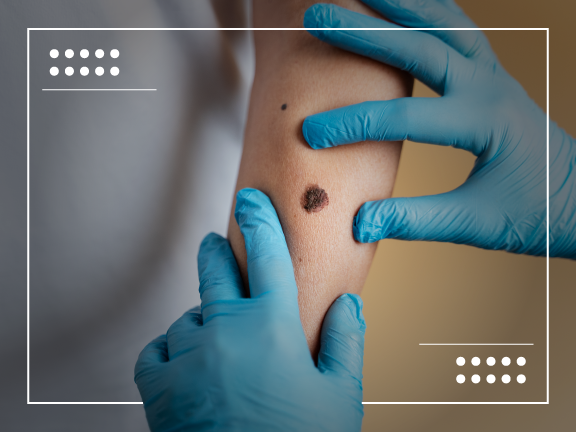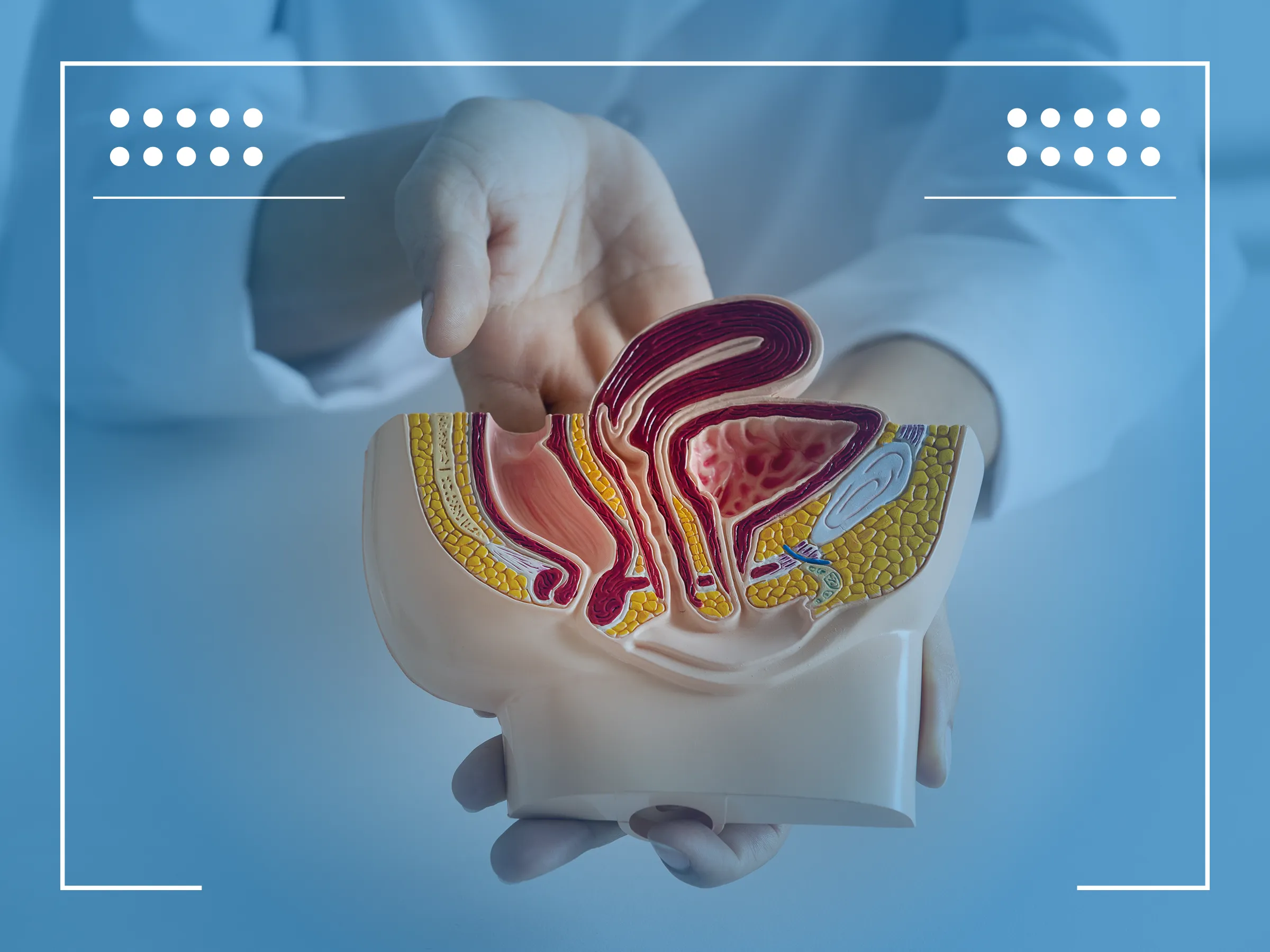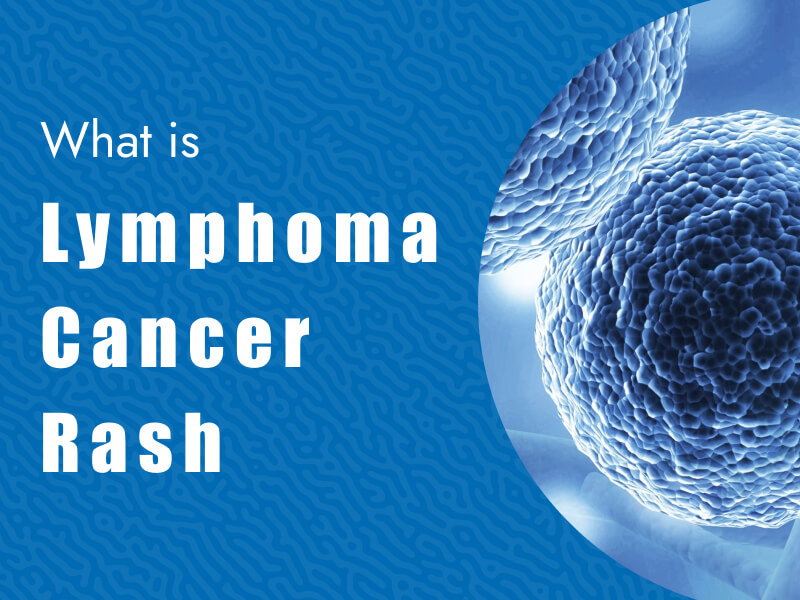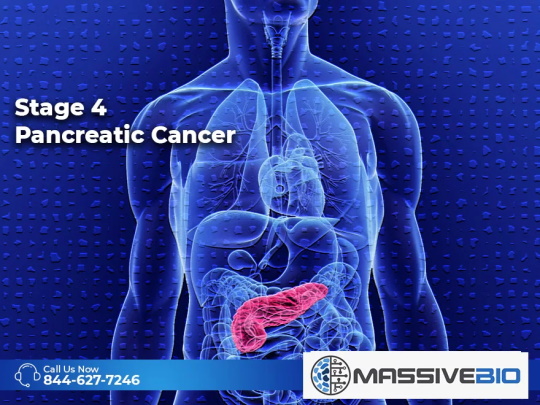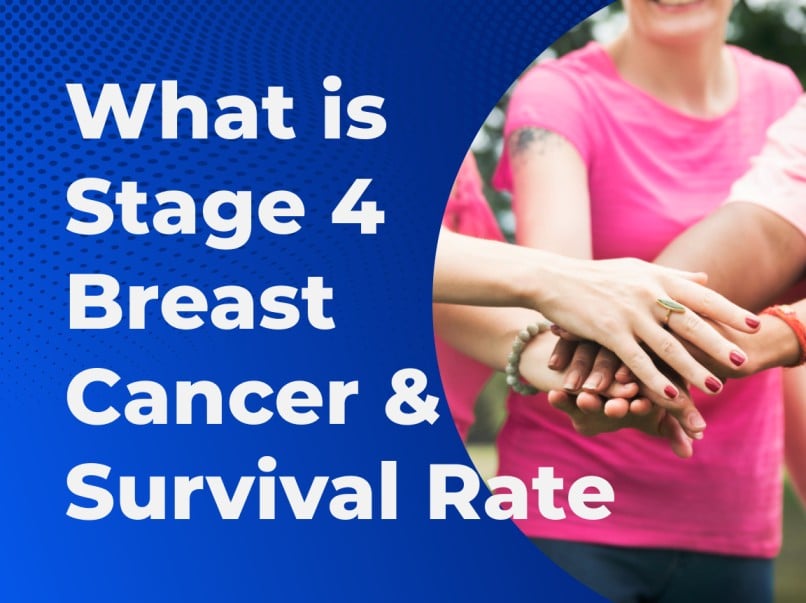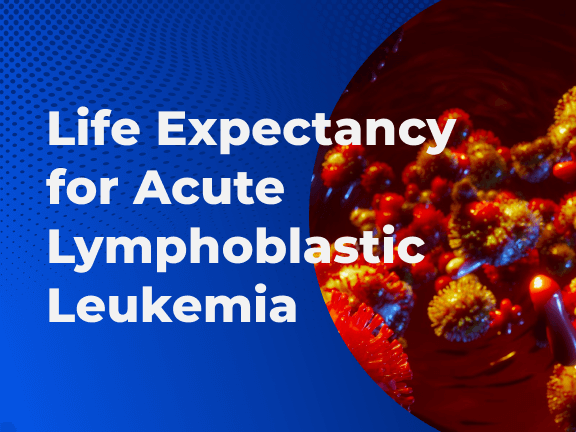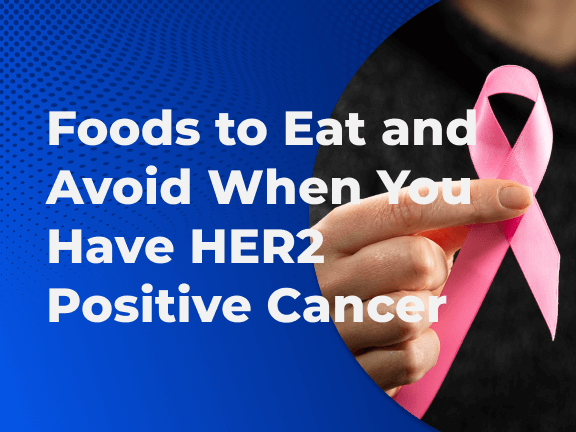As many of us know, cancer is the name given to more than 100 disease groups formed by the uncontrolled proliferation of cells in various parts of our body. Apart from biological and genetic reasons that we cannot change, such as age, gender, and family history, environmental conditions also play a significant role in the formation of cancer. Smoking and alcohol use, exposure to radiation, some viruses, lousy eating habits, additives in food, extended exposure to sunlight, exposure to excessive doses of x-rays, some chemicals (tar, gasoline, dyestuffs, asbestos, etc.), air Factors such as pollution, extreme stress wear out and tire the body. It poses a risk for cancer or various diseases. In addition, some factors such as regular sleep, exercise, and healthy nutrition increase the body’s resistance, strengthen the immune system, and protect the body against diseases and infections. This article can find foods that protect the body against cancer and various infections with their nutritional values. If you have a known cancer history in your family or yourself, ask your doctor for dietary recommendations.
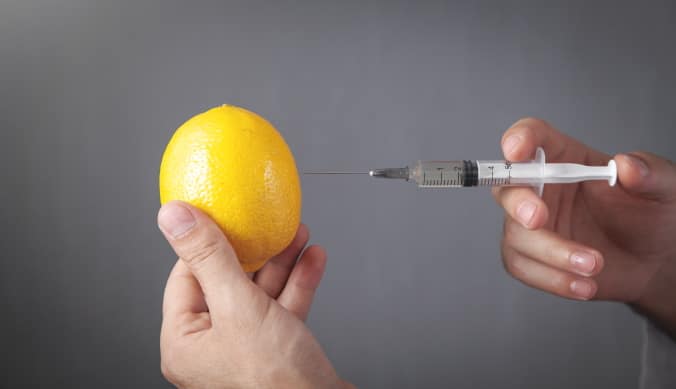
Carrot
It is rich in beta-carotene. Protects cell membranes from toxin damage. Also, carrots contain falcarinol, a natural pesticide that may have anti-inflammatory effects. Cooked carrots have more antioxidants than raw carrots.
Broccoli
The compounds called ‘indol’ in broccoli are a weapon against cancer. ‘Indoles’ neutralize the estrogen that triggers tumor formation in sensitive cells. Beta-carotene, in its content, accelerates the excretion of harmful substances from the body and protects the cell membrane against damage.
Olive Oil
Olive oil contains several compounds, such as squalene, polyphenols, and tocopherols, which provide anti-inflammatory, and antioxidant benefits.
Green Tea
Green tea is rich in epigallocatechin gallate (EGCG), a polyphenol with intense antioxidant powers. It helps protect DNA from free radical damage. It has been observed that it reduces the risk of developing prostate cancer, liver cancer, and endometrial (uterine origin) cancer. However, there is a risk of liver damage from heavy consumption of green tea.
Thyme / Oil of Thyme
It creates a strong antiseptic and antioxidant effect with components such as ‘thymol’ and ‘carvacrol’ in ingredients. Increases resistance to cancer.
Tomatoes
Tomatoes are one of the foods richest in lycopene. Lycopene is a pigment belonging to the carotene family found naturally in vegetables and fruits. The human body cannot produce lycopene. It reduces the risk of cancer by preventing DNA damage and has a protective effect against stress. Apart from tomatoes, lycopene is found in red foods such as watermelon, strawberries, pomegranates, apricots, red grapefruit, beets, and red cabbage.
Onion And Garlic
“Allylic sulfites” in onions and garlic strengthen the immune system and increase the excretion of carcinogens. It has a protective effect against cancer by inhibiting tumor cell proliferation. The sulfur in its components can stop the formation of cancer-causing substances in the body, accelerate DNA repair and kill cancer cells.
Black/Red Grape
Resveratrol is found in grapes and wine; It has antimicrobial, antitumor, and antioxidant effects. It reduces stress. In addition to these, in recent studies, it has been determined that resveratrol has a curative effect on Alzheimer’s disease.
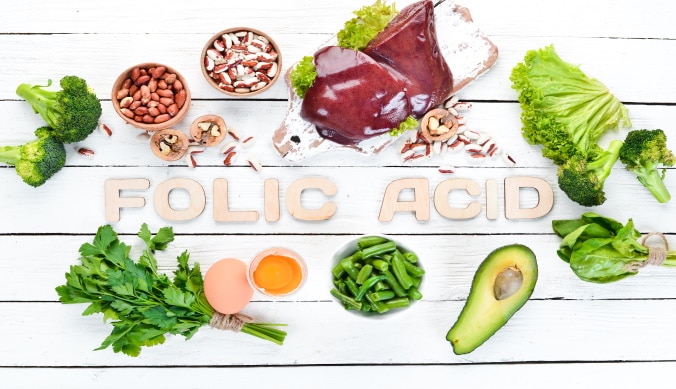
Spinach
Spinach is rich in lutein and zeaxanthin, which are carotenoids that remove unstable molecules called free radicals before they can harm your body.
Turmeric (Curcumin)
Curcumin is derived from the roots of the turmeric plant and is the main ingredient in curry. It has anti-inflammatory, antioxidant, and anticancer properties. It reduces the activity of the enzyme that allows cancer cells to live. Due to its bile-enhancing effect, it should not be used in people with gallstones.
Red Reishi Mushroom
Reishi mushrooms, known as the mushroom of immortality, strengthen the immune system and provide a preventive and helping effect in the treatment of cancer. All types of mushrooms contain compounds that prevent estrogen levels from getting too high.
Whole Grains
Foods high in fiber, especially whole grains such as whole wheat bread, quinoa, and oats, give a feeling of satiety. Supports healthy weight. Whole grains provide plenty of fiber, contain lignans, which act as antioxidants, and other cancer-fighting substances, including saponins, which may inhibit the proliferation of cancer cells.
Raspberry and Strawberry
Black raspberries are rich in vitamin C, phytochemicals, fiber, and ellagic acid, which help protect the body against cancer. They also contain flavonoids that suppress an enzyme that damages DNA and has been linked to lung cancer. Blackberries, blueberries, and cranberries from the same family also contain anthocyanins, which reduce inflammation and are one of the most potent antioxidants.
Coffee
Coffee contains a variety of phytonutrients and compounds that serve as antioxidants and anti-inflammatories and may serve other functions such as protection against cancer.
Cinnamon
Cinnamon is known for its health benefits, including lowering blood sugar and relieving inflammation. Suppresses the growth of head and neck cancer cells, significantly reducing tumor size.
It has effects that lower blood sugar and reduces inflammation.
Flaxseed
High in fiber and heart-healthy fats, flaxseed can help reduce the growth of cancer cells and kill cancer cells. Flaxseed is high in thread, and it has been found to be protective against colorectal cancer.
Oily Fish
Especially fatty fish like salmon, mackerel, and anchovies contain essential nutrients like vitamin D and omega-3 fatty acids, which have been linked to a lower risk of cancer. Having adequate levels of vitamin D reduces the risk of cancer. EPA and DHA, two types of omega-3 fatty acids found in oily fish, can reduce the effects of other harmful fats.



